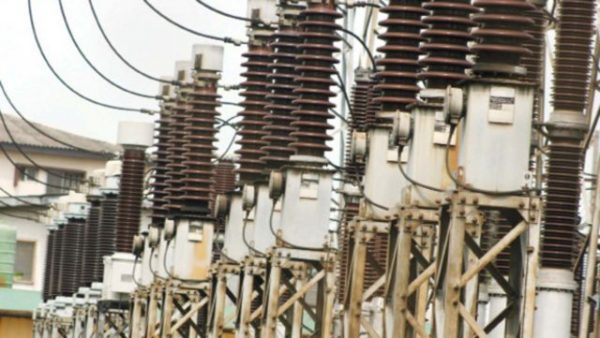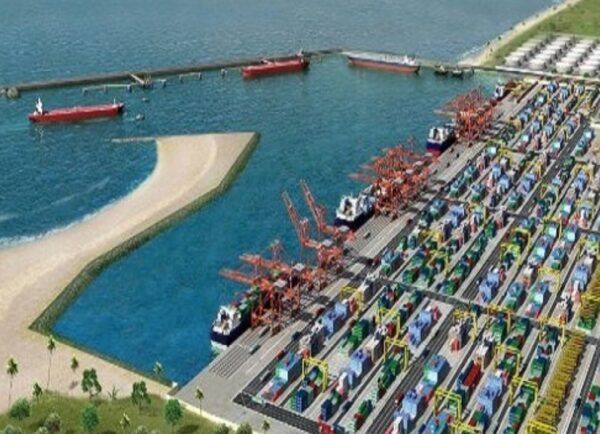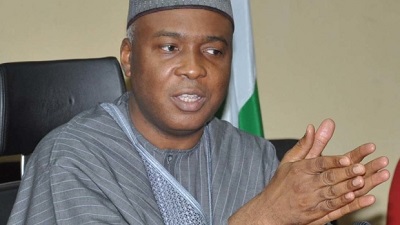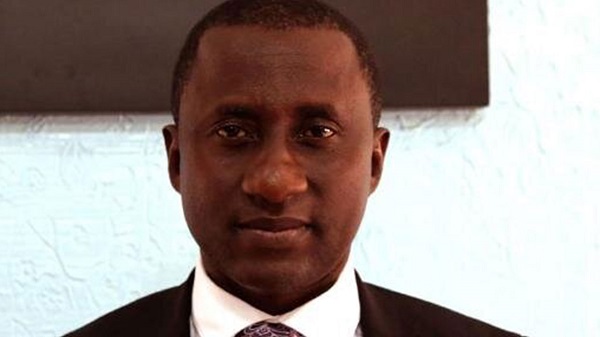Uncertainty In Electricity Tariffs Scares Investors – SPE
· How fiscal policies, infrastructure stifle gas sector
· Nigeria found gas reserves accidentally – DPR
By Kenneth Jukpor & Effi Alphonsus
The perennial problem of prepaid meters across the nation and consequent harsh electricity charges via high estimated billing system has been noted as a major limiting factor to private sector investment in the gas-to-power sector of the nation’s economy.
According to experts in the gas sector, the fact that electricity tariffs are not market reflective have prevented genuine investors from venturing into the business as they cannot ascertain how much income could be generated from power.
Meanwhile, most electricity consumers across the nation still await prepaid meters they were promised to guarantee efficient delivery of electricity to their homes as the Nigerian Electricity Regulatory Commission (NERC) and the Minister of Power, Housing and Works Mr. Babatunde Fashola, bicker with the distribution companies (DISCOs) over tariff review.
Estimated billing has become dreaded by most Nigerians as some homes have monthly electricity bills higher than the rent of their homes. The agency has been found to issue same tariffs to residents in a location without considering the volume of electricity consumed. In some cases the situation has been more appalling as electricity consumers are made to pay exorbitant fees without supply of power for weeks or months.
The Managing Director of SEPLAT Petroleum Development Company, Mr. Austin Avuru explained the implication of this problem on investment in the gas-to-power sector at a technical symposium organized by the Society of Petroleum Engineers (SPE) in Lagos, last week.
Avuru who was represented by the General Manager, Commercial, SEPLAT, Mr. Okechukwu Mba, said the need for prepaid meters can’t be overemphasized.
“Prepaid meters would enable service users pay before the service is rendered and this guarantees cash-flow for the investor. The investor is also able to calculate how much income would be derived from the power generated,” he said.
He lamented that Nigerians have been made to pay colossal sums as electricity tariffs that aren’t market reflective, maintaining that the power sector wouldn’t observe any significant growth or attract private sector investment until the issue is addressed.
“The issues in the power sector would have to be resolved first before gas plants can run successfully. Prepaid meters must be distributed fast enough to the gas scheme and improve the gas sector of the economy” he stated.
Speaking further on the theme of the event; “Gas Utilization in Nigeria: Challenges, Opportunities and Outlook”, he noted the discovery of new markets such as the 614km Ajaokuta-Kaduna-Kano (AKK) natural gas pipeline, underscores the need to develop requisite infrastructure for gas distribution across the nation.
He stressed that infrastructure was another major impediment to the development of the gas sector, noting that gas infrastructure was critical to the successful operation of laudable projects like AKK which intends to increase the local usage of domestic gas, boost Nigeria’s electricity generation capacity and strengthen the industrial sector within the country’s Eastern and Northern regions.
During her remarks at the symposium, the President of Nigerian Gas Association (NGA), Mrs. Audrey Joe-Ezigbo re-echoed the significant role of natural gas to the nation’s economic and industrial growth.
Noting that the Federal Government’s focus was on industrialization, energy efficiency and development of Small and Medium-sized Enterprises (SMEs), the NGA President stressed that gas was central to such development.
“In Nigeria, we have 200.790 TCF (trillion cubic feet) of gas to 200 million people. It is almost 1TCF per person and the potentials in the gas sector are enormous. One dollar investment in gas adds up to three dollars on the nation’s Gross Domestic Product (GDP). So, we cannot afford to not pay attention to the gas space” she said.
She stressed that the major concern of the association was the fact that over 60% of Nigeria’s population was below the age of 25 years. She noted that this accounts for massive youthful and productive population that requires social inclusion.
“The key thing for NGA from the outlook aspect of gas utilization is gas-to-power as well as the gas space industrialization. The various fiscal interventions in the past few years in power shows that the cost of power is higher but we choose to play politics with it. Therefore, if we can address the electricity tariff issue we would make that sector more attractive to new investment and as we improve power supply, there would be ripple effect on other industries. In agriculture for instance, this would improve the aspect of storage and processing” she said.
She also revealed that NGA has been engaging DISCOs and GENCOs in order to reach an agreement to address challenges around the gas distribution space and move the industry forward.
“We believe that it is important for the government to take active regulatory steps to build the sector and the Nigerian Gas Flare Commercialization Programme is a very good development” she added.
Earlier in the event, the Director of Department of Petroleum Resources (DPR), Mr. Mordecai Ladan stated that Nigeria’s gas reserves had increased by 7.3% from 187TCF to 200.79TCF.
Ladan, who was represented by Deputy Manager, Gas Division of DPR, Mr. Olawale Ogunsola, said, “national gas reserves rose to 200.79 trillion cubic feet as at January 1, 2019 and that is what should be quoted going forward.”
Noting that the nation’s unproven of gas reserves were more than its crude oil reserves, the Director said the country’s daily gas production stood at 1.2 billion standard cubic feet (scuf) with 41% of the daily production exported while 48% went to domestic market, and 11% was being flared.
“We have got greater potential if we are to increase the volume of gas reserves growth. It is very strategic to keep growing the reserves in order to boost export. We found our gas reserves by accidental exploration. So, a dedicated gas exploration is very important and that’s part of the regulatory initiatives of the DPR. DPR will keep working with industry stakeholders to meet gas supply obligations and always crave for your cooperation,” he said
Ladan said there was need for collaboration among industry stakeholders to ensure effective market operations in the sector.
He urged all operators to support the Federal Government’s plan to end gas flaring by supporting the NGFCP.
“The NGFCP is designed as the strategy to implement the policy objectives of government for the elimination of gas flares with potentially enormous multiplier and development outcomes for Nigeria. The objective of the NGFCP is to eliminate gas flaring through technically and commercially sustainable gas utilization projects developed by competent third party investors,” he said.
According to him, the commercialization approach had been considered from legal, technical, economic, commercial and developmental standpoints.
“It is a unique and historic opportunity to attract major investment in economically viable gas flare capture projects whilst permanently addressing a 60 year environmental problem in Nigeria”, he added.







